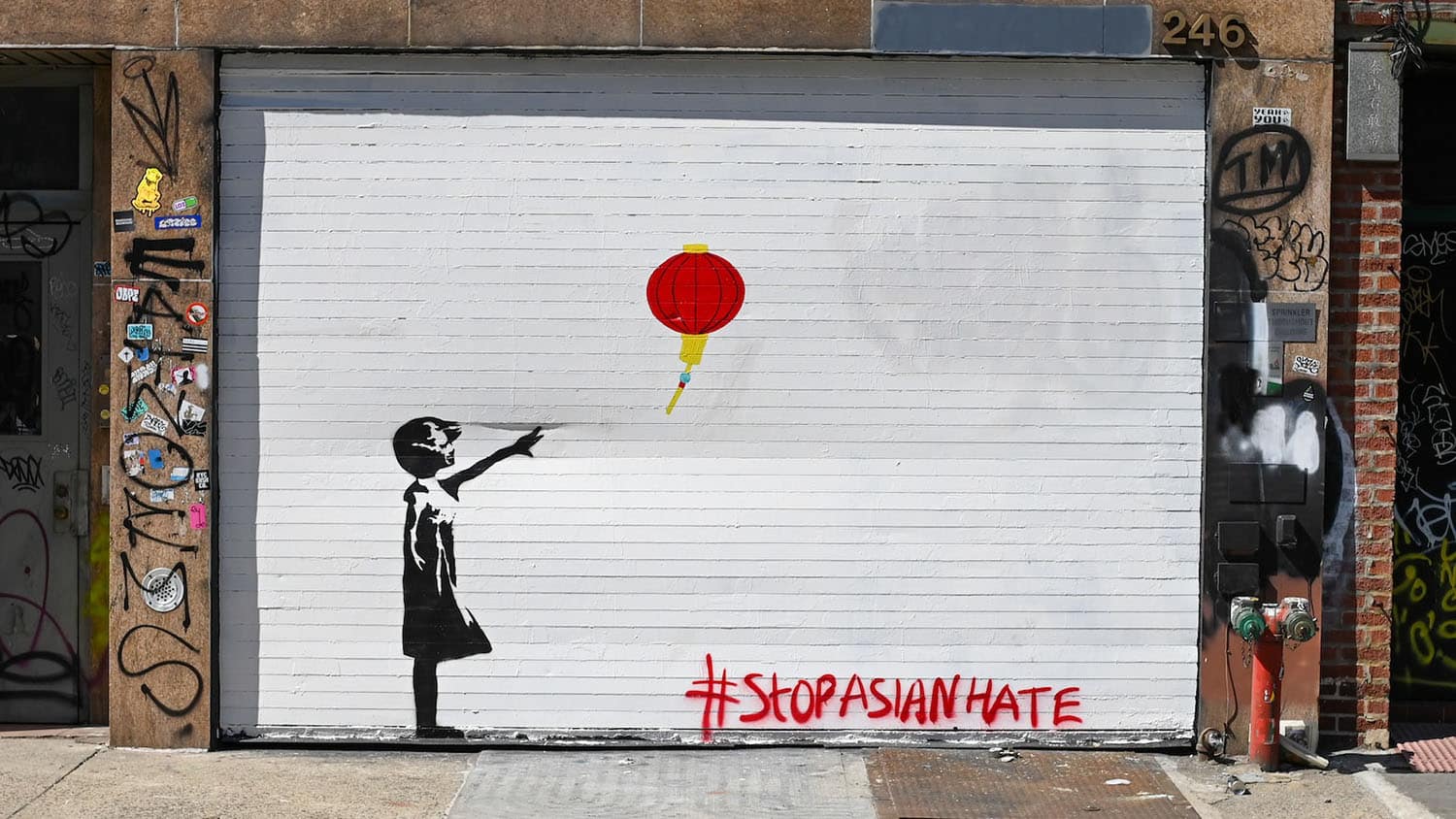#StopAsianHate Study Sheds Light on Overlooked Aspect of Activism

For Immediate Release
A recent analysis of the online #StopAsianHate movement finds that the frameworks scholars use to understand social justice movements need to address the extent to which activists reflect on their own involvement and derive satisfaction from the process of activism itself – as opposed to focusing solely on progress toward the goal of social change.
“Current thinking about social justice activism focuses on the ‘four Rs’ – which can broadly be characterized as recognizing injustice; revealing injustice; rejecting injustice; and replacing unjust practices,” says Chenxing Xie, co-lead author of the study and a Ph.D. candidate in the Communication, Rhetoric, and Digital Media Program at North Carolina State University. “Our research suggests we need to add a fifth ‘R’: reflection. Specifically, reflecting on the social justice work itself.
“To be clear, we think these five Rs should be part of a cyclical process,” Xie says. “This reflects the concept of ‘praxis,’ which is that an activity is not only a means to an end, but is an end in itself. In other words, the process itself matters and reflection can inform the way that we engage in the activity. In this case, it means that reflection can not only help people make progress toward their goal of social change, but also inform the way that people think about and engage in social justice activism.”
The researchers were inspired by the #StopAsianHate hashtag, which emerged in the wake of a mass murder in Atlanta that left eight people dead, including six women of Asian descent.
“Asian Americans have survived a dual pandemic – both COVID-19 and a rise in racism against Asians and Asian Americans,” Xie says. “We wanted to explore how people were responding to this increase in racism, and the #StopAsianHate hashtag gave us an opportunity to dig into the subject.”
For the study, the researchers collected 304,242 tweets containing the hashtag #StopAsianHate. The tweets were posted between March 16 and May 20, 2021.
The researchers conducted a content analysis of the tweets to see how the tweets aligned with the four Rs of social justice activism.
“What we found was that many of the #StopAsianHate tweets also contained messages stemming from activists’ reflections on their own efforts within the social movement,” Xie says. “This led us to introduce a fifth R – reflection – into our analysis.”
The researchers found that there were clear trends in the #StopAsianHate tweets. For example, earlier tweets were more likely to focus on recognizing the increase in anti-Asian racism, while tweets that indicated reflection on an individual’s involvement in the #StopAsianHate movement became more common over time.
“This finding suggests that reflection is an important element of social justice activism, and any frameworks designed to help us understand those movements should incorporate reflection in order to better capture the full range of how people engage with these movements,” Xie says. “Our findings also suggest that reflection is an important aspect of activism and helps people draw fulfillment from the activism itself – even as they work toward the broader goal of social change.”
The paper, “Praxis, Hashtag Activism, and Social Justice: a Content Analysis of #StopAsianHate Narratives,” is published in the Asian Journal of Communication. Corresponding author of the paper is Yang Cheng, an associate professor of communication at NC State. Peiyao Liu, a master’s student at NC State, is co-lead author of the paper.
-shipman-
Note to Editors: The study abstract follows.
“Praxis, Hashtag Activism, and Social Justice: a Content Analysis of #StopAsianHate Narratives”
Authors: Chenxing Xie, Peiyao Liu and Yang Cheng, North Carolina State University
Published: Feb. 21, Asian Journal of Communication
DOI: 10.1080/01292986.2023.2180529
Abstract: The Atlanta Shootings spurred worldwide discussion about anti-Asian hate incidents in the U.S., which eventually evoked the #StopAsianHate movement on Twitter. Based on the theory of praxis, this study extended Walton et al.’s (2019) social justice heuristic of the ‘4Rs,’ which mainly focuses on actions of praxis, to include an additional ‘R’ to represent Reflection. A content analysis study was performed to explore how activists strategically employed the ‘5Rs’ social justice practices within tweets shared during the #StopAsianHate movement. This study further examined the chronological trends of the five social justice practices evident in the hashtag narratives. The results indicate that the public should pay more attention to the actions spurred by the hashtag movement while also reflecting on how its effects can be optimized to promote social justice.


